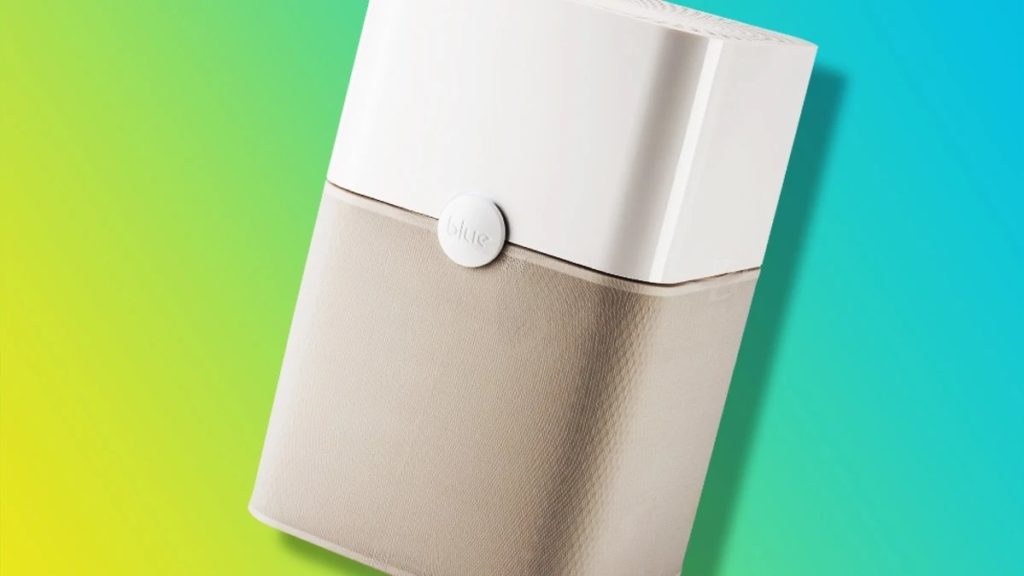Indoor air quality has a direct bearing on your health. Therefore, it is essential to keep your ambiance free from air pollutants like dust, pollen, or smoke, etc.
If you want to use the air purifier to protect yourself from the harmful effects of the impure air, you should be aware of the different pollutants that the best air purifier can remove.
What can an air purifier remove?
There is a distinction between a normal air purifier and a special air purifier from the aspect of their ability to remove impurities from the surrounding indoor air.
A normal air purifier can remove various impurities like floating dust, cigarette smoke or indoor fire smoke, pollens, pet furs, and asbestos particles, etc.
What it cannot remove are the dust or dirt settled on the surface, radon gas formed due to the decay of the rocks in the surrounding area, and the volatile organic compounds released from the paints, varnishes, and other chemicals used in your home, etc.
To remove these impurities you would require a special purifier with a high capacity filter.
However, there are certain types of impurities like settled dust, mold, and mildew that cannot be removed from the indoor air through the air purifier.
You should select the air purifier considering the kind of impurities present in the surroundings.
Different types of filters in Air Purifiers
Different air purifiers use different types of filters and that defines their capacity to clean the indoor air. The following are some of the filters used in the air purifiers.
Reusable & Re-washable
These filters are very efficient filters and can stop small dust & dirt particles from entering into the atmosphere. They can be reused after cleaning so you do not need to replace them too often.
Ultra Violet (UV) Filters
These filters are very effective in killing the microbiological impurities present in the air. However, they are not only costlier than the normal filters but also consume more power while running.
Ionizer Filters
They use static charge technology and attract charged impurities and prevent them to release into the air. The only caution you have to take while using these filters that they do not release Ozone gas, which is a highly toxic gas and may cause many diseases on exposure.
HEPA Filters
The High Efficiency Particulate Matter filters are made from the fiberglass strands. Highly effective filters, these filters can trap the smallest of impurities very effectively.
Final Words
So, if you are looking for an air purifier, check for the kind of impurities in the surrounding. This would help you finalize the best air purifier for your purpose.

